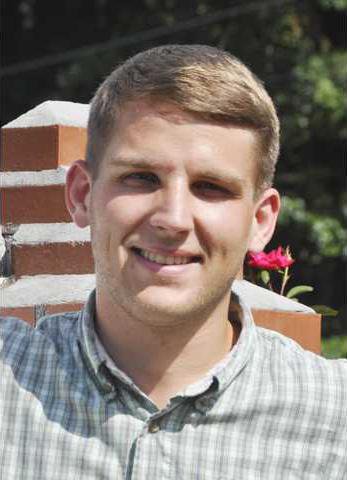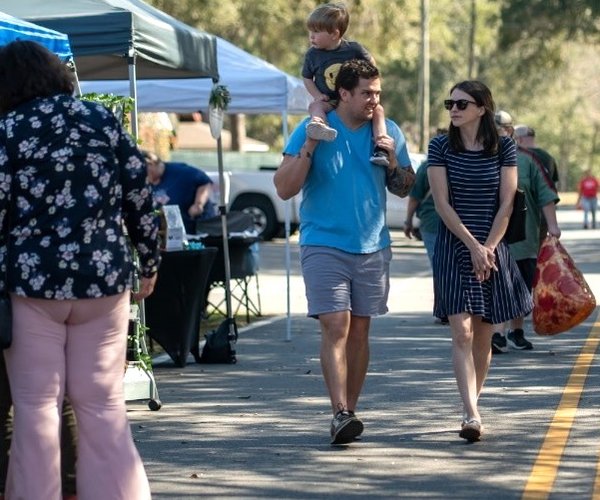As I traveled to Athens this past weekend to cheer on the dawgs, I noticed I had packed clothing that was more suited for September than November.
The temperatures we are experiencing are warmer than normal and it can have an effect on our fruit trees. A certain number of chilling hours is needed for fruiting trees to produce an acceptable amount of fruit. Currently, we have experienced very low chilling hours and this could hurt the fruit crop of 2016. Pam Know, UGA Extension climatologist gives her reasons why we are seeing low chilling hours.
“I think the culprit has a lot to do with the rainy weather and especially the warm nights we have been experiencing lately. If you look at the rankings of minimum temperature on the Southeast Regional Climate Center’s Perspectives maps for the last few days, many stations are flirting with record high minimum temperatures if not breaking the records outright.
The map for November 5 shows that most of the stations in Florida set record high minimums, while many stations in Georgia, Alabama and the Carolinas were in the top two or three.”
Chilling hours at from the Georgia Weather Network- Statesboro show only 20 chilling hours since Oct. 1, 2015. Last year during the same period, we had already accumulated 65 hours. This is a large difference but Pam Knox eases our worries and says there is still time to accumulate hours.
“I don’t think the lack of chill hours is anything to worry about yet. We are still early in the chilling season and there should be plenty of time for us to accumulate the needed cold hours the plants need to set fruit. However, since El Niño winters tend to have more cloudy conditions and hence warmer nights, the total number of chill hours this year is likely to be lower than in some previous years.”
For more information or questions, contact Effingham Ag Agent Sam Ingram at 754-8040 or singram@uga.edu.





